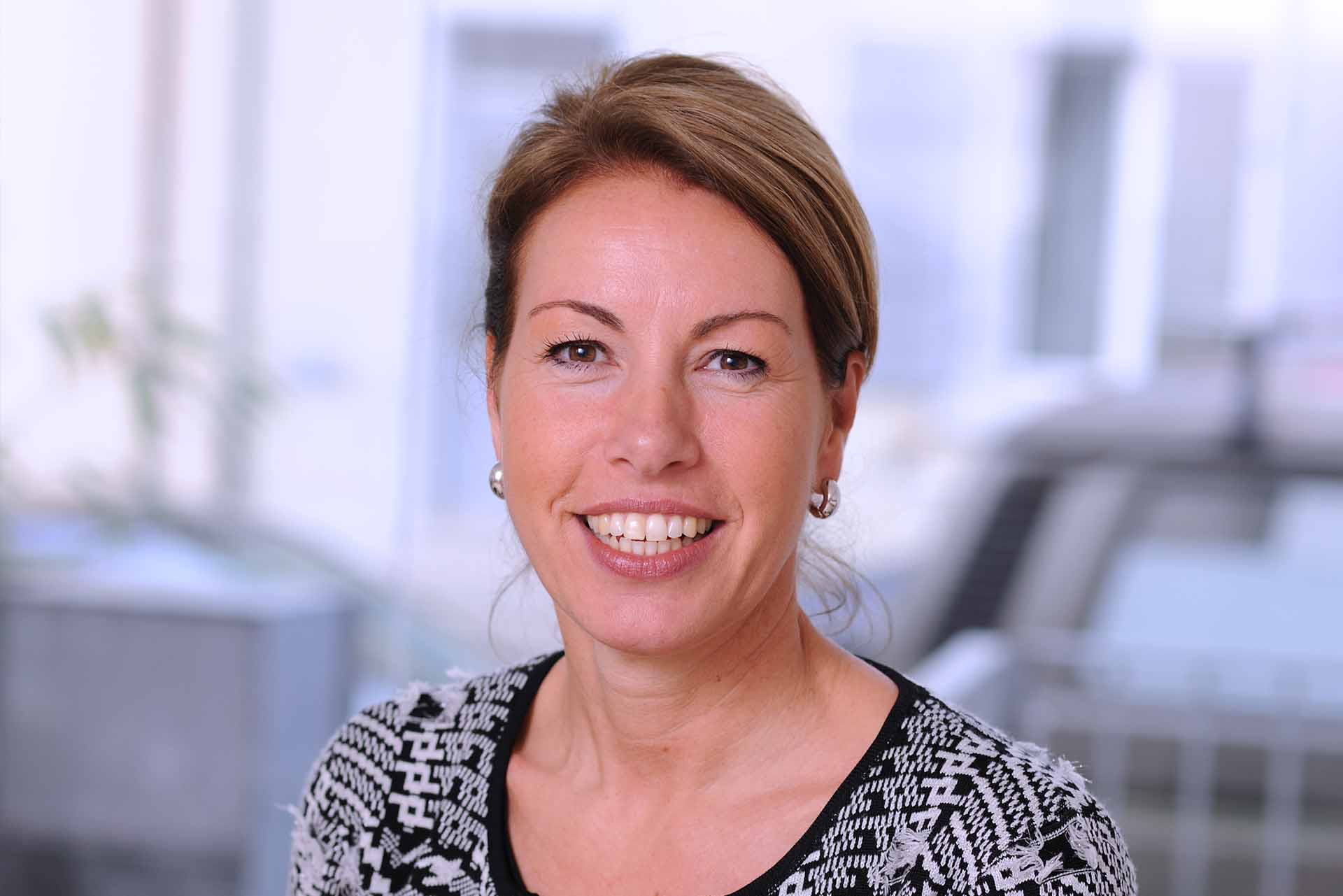This article was part of a series on data science in the lead up to the event Science for health 2021.
In the future, real-world data from sources like electronic medical records and clinical trials will increasingly play an important role in healthcare. Given the societal pressure to rapidly develop innovative treatments for unmet needs, real-world data will complement clinical trials by providing evidence on the long-term performance of new therapies in large and diverse populations (as with the ongoing studies of various COVID-19 vaccines under real-world conditions). Real-world data can also help hospitals improve their own quality of care, and enable research insights into disease mechanisms, leading to new diagnostics, treatments, and all-round better health.
How does Belgium measure up?
Several European countries (including Germany, France, and The Netherlands) have already invested tens of millions (or even billions) of euros into real-world data initiatives. The Belgian government, on the other hand, has yet to commit funds to initiatives in this space.
Furthermore, Belgium hasn’t even begun to develop legislation for the reuse of health data. Countries like Finland and The Netherlands have not only written their regulations, but also begun implementing them, using the legal framework to support their knowledge economies and create benefits for patients.
“To keep Belgium as number one for clinical trials and healthcare, we need to develop a strategy to make Belgium number one for real-world data.” – Ingrid Maes, Inovigate
But Ingrid Maes maintains that it’s not all doom and gloom:
“Although Belgium is currently behind on real-world data progress, we have all of the ingredients to put Belgium back on the map for data and digital health. We had a head start in the field: Belgium was one of the first European countries with electronic health records, and the first to roll out the electronic ID card to the whole population. We also have the highest number of clinical trials per capita in the EU.
“To keep Belgium as number one for clinical trials and healthcare, we need to develop a strategy to make Belgium number one for real-world data. It’s one of the best investments the government can make: returns will be generated through money saved on reimbursements; stimulation of the research environment; economic development and better healthcare for the population.”
The bottom-up approach
As part of its European report, Inovigate is working together with key stakeholders to develop a framework for a Belgian real-world data strategy. The plan covers the practical steps needed to turn data into insights: data collection, quality control, analysis and reporting. The proposal also considers the enabling foundation surrounding this process: what needs to be implemented in terms of governance, funding and incentives, and data privacy and security.
“What we need is a bottom-up and a top-down approach,” Maes explains. “From the bottom up: the hospitals have to develop a better strategy to organize their data internally and make it accessible. Some hospitals in Belgium have dozens of different internal systems and data bases with patient data. Simple questions like ‘Does the patient smoke: yes/no?’ might be stored in many different locations, making the information very hard to access both internally and between hospitals. The data landscape is extremely fragmented within the healthcare system.”
Read this article to learn more about why keeping up with data science matters for our health
To overcome this hurdle, the data need to be collected in a standardized way. This can be done using a number of international standards, such as the OMOP standard initially established by the NIH. Common Data Models like OMOP enable the capture of information (e.g., tests, diagnoses, and treatments) in the same way across different institutions, meaning the data can be harmonized and queried in unified way. There are plenty of technical solutions to data problems, but leaders need to agree upon which to implement.
A top-down role for the government
“In addition to the hospitals, the Belgian government has a vital role to play,” says Maes. “From the top-down angle, the government needs to ensure that the legal framework is in place to facilitate the safe and ethical reuse of health data for research. Patients also need to be made aware of the importance of sharing data, as it helps to improve healthcare for all. As with organ donation, we need an ‘opt-out’ system for data donation rather than an active ‘opt-in’ method. This is already being done in the Scandinavian countries.”
Read this article to find out how Israel is enabling the reuse of real-world data for health research.
“Finland sets a very nice example which is often used as the benchmark for real-world data in Europe,” according to Maes. “The country is working across all levels: it has a good governance model, established the legal framework, and excellent data infrastructure with incentives and funding in place for qualitative data collection and curation. The country also has a very active community of data scientists turning data into insights.”
We have to act now
“We have all the right ingredients in place in Belgium. I’m sure that, in three years’ time, we could be one of the top countries in Europe for real-world data. But we have to act now.” – Ingrid Maes, Inovigate
Over the next few months, Maes will be working with various stakeholders and policymakers at a series of roundtables. The aim is to agree upon a proposal for a real-world data governance model and roadmap for Belgium for the coming three years. When asked about the future, Maes is hopeful:
“We have all the right ingredients in place in Belgium. I’m sure that, in three years’ time, we could be one of the top countries in Europe for real-world data use and re-use. But we have to act now. We need to bring everyone together and create a plan and make people’s roles and responsibilities clear. Once we achieve this, I am sure that we can put Belgium back on the map for real-world evidence studies, clinical trials, and healthcare!”


